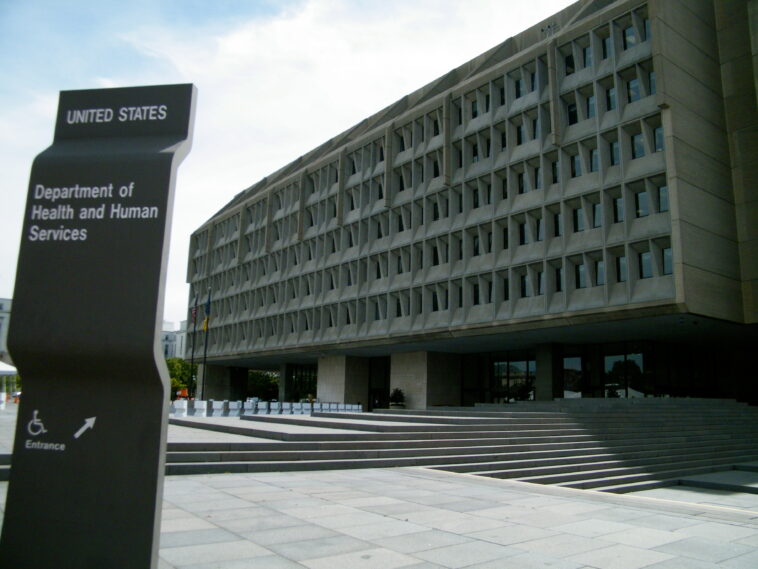The United States Department of Health and Human Services, better known as the Health Department, is an executive branch agency of the U.S. government with the mission of protecting the public’s health and providing necessary human resources to meet the needs of the American people. It was established by the Health Service Act of 1965. There are many important roles that are played by this department such as the implementation of policies related to the management and organization of the public health system, development of policies concerning national health objectives, and assistance to individuals and groups that are affected by the public’s health. In other words, the department is responsible for the overall management of the nation’s health programs. Other functions are also implemented by the department such as the collection and evaluation of statistical data, establishment of standards for the protection of health, development of education and counseling programs, development of clinical trials, and prevention and research programs.
The Health and Human Services division of the Department of Health and Human Services manages the national HIV/AIDS response, national nutrition assistance programs, national immunization programs, and federal programs for tobacco control. A large portion of the budget goes for payments to health care providers, substance abuse assistance, and health insurance eligibility. The department has primary authority over AIDS, Tuberculosis, and other diseases that affect the elderly, disabled, and poor people. The department also has primary authority over the management of Medicare and Medicaid programs.
The Health Insurance Portability and Accountability Act (HIPAA) of 1996 changed the management of the Electronic Health Record and Paperless Choice (EHR) system. This enabled private health insurance companies to use the EHR software for claims processing and filing, which simplified the process of submitting claims to the insurance company. The primary goal was to make the health care system more user-friendly to provide seamless service. The US Department of Health and Human Services is responsible for implementing the regulations and standards set forth in the HIPAA act. This gives the US Department of Health and Human Services the power to set quality standards for electronic health records, establish guidelines for safeguarding EMRs, and specify which types of information should be contained in the electronic health records.
The US department of health and human services has developed and distributed a site called “Mental Health Information Authority” for regulating the quality of health care delivery. This provides a forum for vendors and suppliers to exchange data and knowledge about best practices for patient care and safety. The Mental Health Office works under the direct supervision of the commissioner of Medicare. This department also licenses organizations providing mental health services to participate in the Medicare program.
The US department of health and human services has published a booklet titled “Managing Health Care With Medicare.” It provides direction for how health agencies, primary care physicians, and hospitals can work together to provide appropriate medical treatment. The booklet discusses how the Medicare program affects various aspects of the US department of health and human services, including the mental health agency. It provides a brief summary of important topics such as managing nursing home cases, mental health cases, and emergency cases.
One aspect of the US department of health and human services is the National Practitioner Data Bank. This is where all the files on patients’ medical histories are kept. The information in this database has been compiled into electronic form. There is an appeals process that is available for patients whose health records may contain errors and a Privacy Rule that ensures that patients’ privacy is maintained.
The US department of health and human services has also published a manual called “Guidance for Managed Care Organizations,” which outlines several important concepts and best practices. The manual provides rules and procedures for long-term care, PPO care, and basic coverage for emergencies. It also discusses important topics such as evaluating the patient’s eligibility for insurance coverage, and payment or authorization policies for medications. It discusses the proper recording of medical outcomes and the benefits of coordinated care.
The US department of health and human services has published a manual called “McKinney Model Mental Health Services Contracting.” This manual explains the process by which the health department contracts with a provider of care. It provides several models for determining the scope of coverage and payment of providers and discusses the role of the mental health agency in all of these processes. It is highly recommended that anyone who would be considering a contract with a health department office read this manual before agreeing to anything.
Responsibilities and Activities of The United States Department of Health and Human Services

